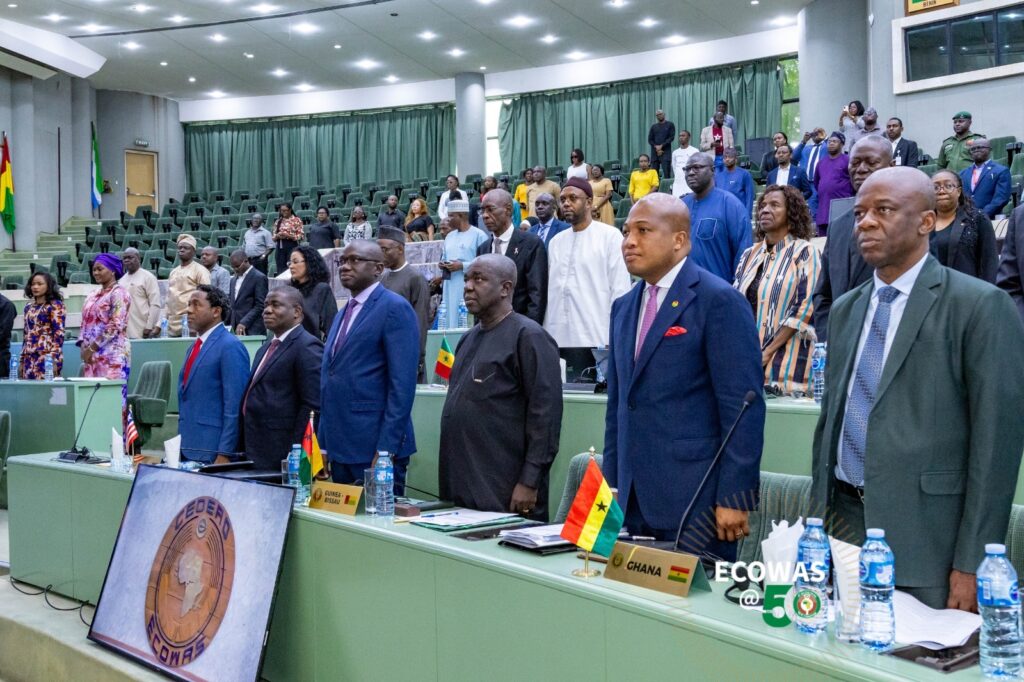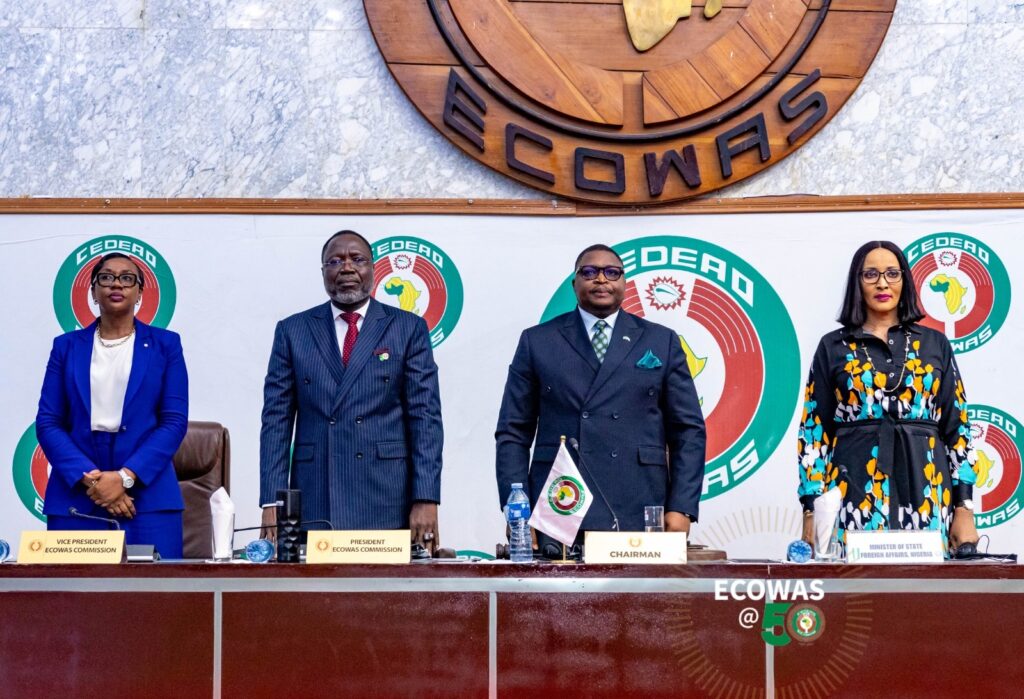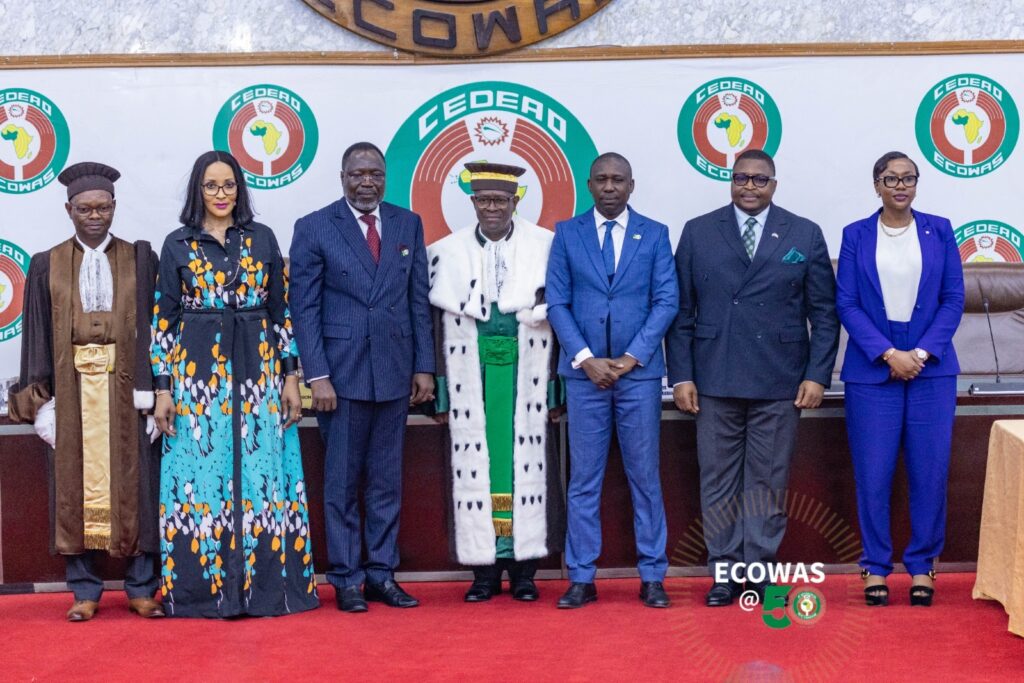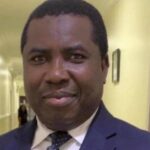ECOWAS:Council of Ministers Meets to Tackle Recruitment Challenge, Restore Institutional Balance as Mali, Burkina Faso, Niger Staff Exit.
By Raymond Enoch.
The West Africa’s regional institution ECOWAS faces a recruitment challenge following the withdrawal of staff from its institutions by Burkina Faso, Mali, and Niger — a direct consequence of their exit from the Economic Community of West African States (ECOWAS).

In response, the ECOWAS Council of Ministers convened an extraordinary session in Abuja to chart a course of action. The meeting, held at the New VIP Hall of the ECOWAS Commission, brought together high-stakes senior officials and foreign ministers from across the region, all unified by a singular challenge: how to urgently reform a recruitment process paralyzed by bureaucratic bottlenecks and an acute loss of personnel.

Dr. Omar Alieu Touray, President of the ECOWAS Commission, welcomed members of the Council on behalf of ECOWAS management and staff, and painted a sobering picture of an overstretched system losing its key staff faster than it can replace them. “The recruitment pipeline has not kept pace with attrition,” Touray stated, citing an average annual loss of 13 personnel to retirement, compounded by the sudden vacuum left by staff from the Alliance of Sahel States (AES).

He acknowledged that while recent waivers from the Council had enabled faster advertisement of positions, the volume of applications overwhelmed existing recruitment firms. “Our system remains largely manual,” Touray noted, adding that international recruitment partners were being brought in and that an e-recruitment platform was being urgently deployed.
But beyond logistics, Touray highlighted the political dilemma: how to fairly redistribute the vacated positions among the remaining 12 member states. The current ECOWAS staff regulations offer no guidance on reallocating posts vacated by nationals of departing countries. A proposal to address this gap was tabled at the session, with the aim of preserving both equity and competence across the institutions.
Speaking at the Council, Ambassador Bianca Odumegwu-Ojukwu, Nigeria’s Minister of State for Foreign Affairs, welcomed delegates on behalf of President Bola Ahmed Tinubu, reaffirming Nigeria’s commitment to regional unity and institutional strength. She described the meeting as “an essential undertaking to restore ECOWAS’ operational capacity and credibility.”
Chairman of the ECOWAS Council of Ministers and Sierra Leone’s Minister of Foreign Affairs, Alhaji Musa Timothy Kabba, said the Council’s work must go beyond technical fixes. “This is not merely an administrative issue. It cuts to the core of institutional credibility, regional integration, and political legitimacy,” he asserted.
Kabba also linked the crisis to broader regional instability, including rising insecurity, the retreat of democracy in some member states, and the human cost of violent extremism across the Sahel. He detailed recent diplomatic engagements by ECOWAS Chair, President Julius Maada Bio, aimed at restoring dialogue and trust — even extending to visits and outreach to AES nations.
On the sidelines of the Council meeting, H.E. Mr. Kalilou Sylla was sworn in as the new Commissioner for Economic Affairs and Agriculture, succeeding H.E. Massandjé Touré-Litsé of Côte d’Ivoire.
With the Council now deliberating behind closed doors, the stakes are high. The outcome of this session could shape the future of the ECOWAS workforce — and by extension, the effectiveness of the bloc itself — at a time when regional cooperation is being tested like never before.
As one delegate put it: “This is about more than jobs — it’s about the soul of the ECOWAS Community.”









